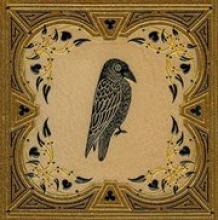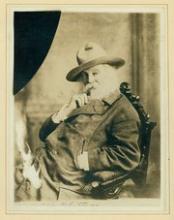Some terrible investment advice from Alexander Pope -- "Buy of South Sea Stock"
Submitted by Rebecca Filner on Thu, 11/04/2010 - 11:31amThe South Sea Bubble of 1720 is one of the most memorable economic bubbles in Britain. Founded in 1711, the South Sea Company was a British joint-stock company that had exclusive trading rights in Spanish South America. Rumors about the potential value of its South American trade stoked rampant speculation, with shares in the company -- offered at just over £100 in January 1720 -- rising to more than £1000 by August. However by the end of September the bubble had popped. Shares fell to £150 and thousands of people were ruined.










